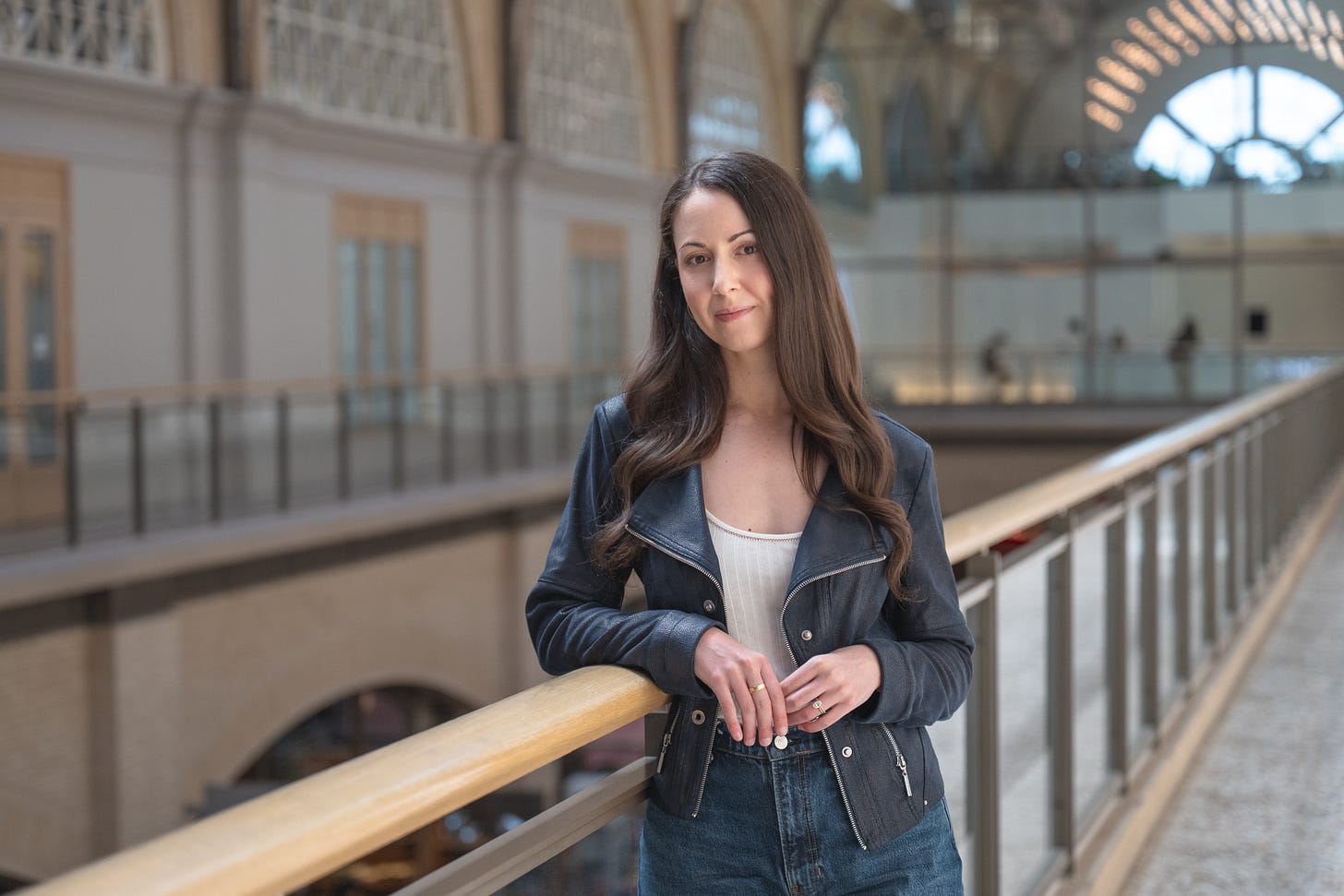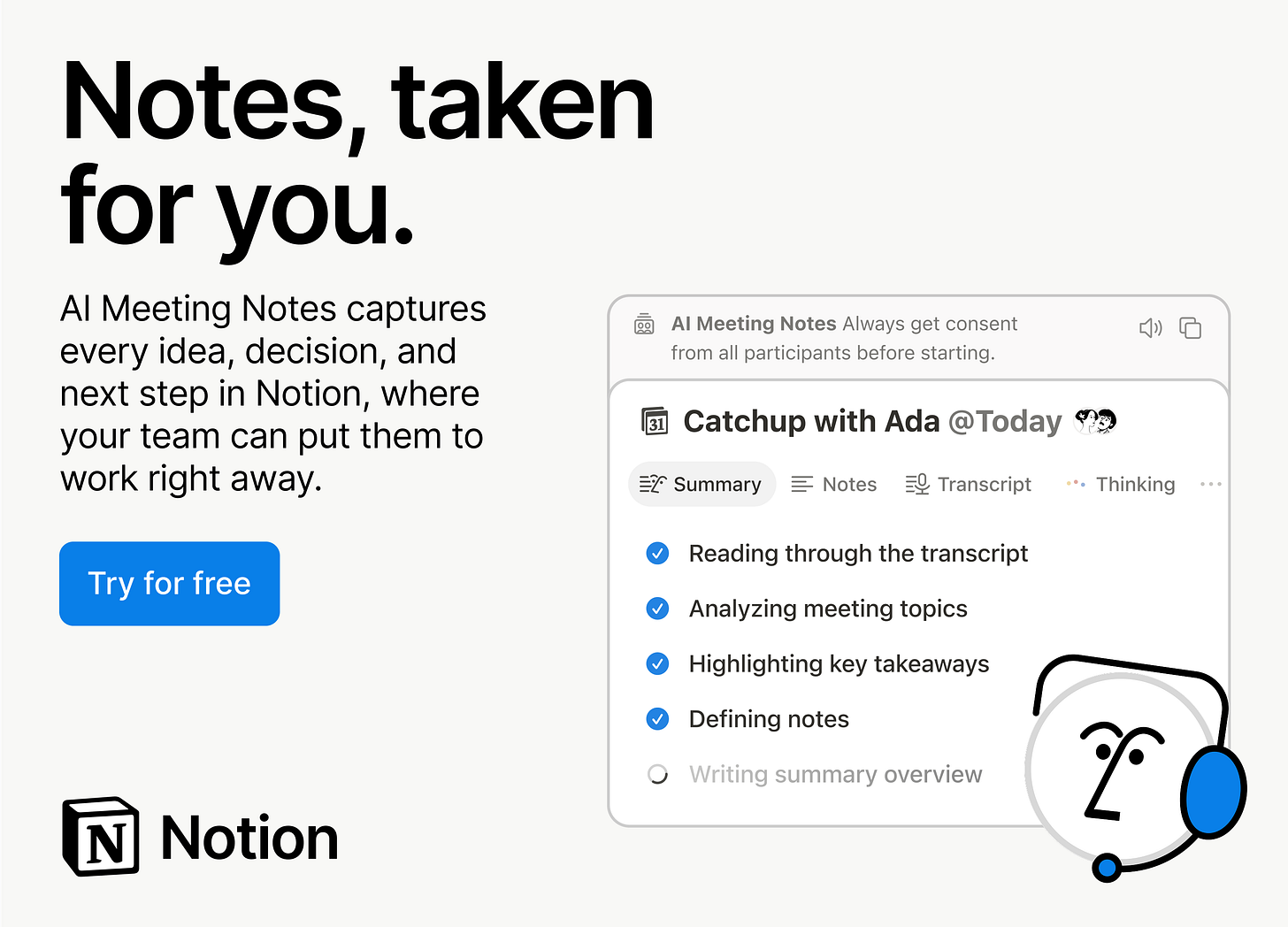How This Emerging Manager Broke Through A 'Brutal' Fundraising Environment To Raise $22 Million
Modern Technical Fund founder Amanda Robson embodies a startup zeitgeist that favors technical founders and an always-on, fly-anywhere approach. Now, she's raised a $22 million fund to back them, too.

By the time Amanda Robson hops off a plane to meet a founder, she’s already in full “bear-hug” mode.
Take a recent trip to Austin. Before the San Francisco-based investor, known to friends and founders as simply “Robby”, had touched down, she had shared detailed feedback on the local startup’s pitch deck and made suggestions on strategy tweaks. Intros to advisers and customers? Already out. And an invite for its CEO to appear on the show she co-hosts, the Open Source Startup Podcast? Sent.
“If it’s an interesting space and a really interesting founder, I’m all in,” Robson tells Upstarts. “By the time they’ve scheduled their first meeting with another, bigger fund, I’ve already introduced them to 12 people and met them twice, iterating over the weekend.”
Robson’s high-energy approach is how she landed in VC from Canada without connections, made winning investments like a first check into Drata, the compliance software startup most recently valued at $2 billion, and then made partner at Cowboy Ventures, the firm led by Aileen Lee, in 2022.
Now, it’s her not-so-secret weapon at Modern Technical Fund, the new venture firm she launched in April as a solo general partner. Like its founder, MTF’s branding is “hyper direct”: it’s a modern fund to invest in technical founders. And despite a brutal fundraising environment for emerging managers, Robson has closed MTF’s first fund at $22 million, just above the target she set out on her own to raise last summer.
MTF will look to back 20 to 25 startups over the next three years, Robson says, writing $500,000 to $1 million checks into companies in data, infrastructure and security in the U.S. and Israel. The fund has made seven investments so far, including FinTe, building infra software for finance and engineering teams, and RunReveal, a data security startup.
In a startup environment that once again celebrates founders willing to work weekends and holidays, Robson’s own approach is a perfect fit. And her early success with building a community, peers and backers say, can also provide a lesson in how a challenger can quickly punch above their weight.
More on that – including thoughts from peer and Kleiner Perkins partner Leigh Marie Braswell, anchor LP Chris Douvos and Robson’s founders – below.
Presented by Notion.
Perfect meeting notes. Every time. Focus on the conversation while Notion AI captures everything. Get instant summaries, action items, and decisions—all searchable in your workspace. Never lose another insight.
The hunters’ gatherer
A Canadian who attended college in Ontario, Robson had no local network to speak of when she first landed in San Francisco for a banking analyst job just over a decade ago.
But at Norwest Venture Partners and Cowboy Ventures over the following years, she intentionally built several. At Norwest, the firm’s ties to technical founders on the enterprise software side of the startup ecosystem became Robson’s own; the firm’s ties to Israel also became a source of deal flow for Robson, who has already backed two startups from there from her new fund MTF.
And at Cowboy in 2021, Robson launched two seemingly extracurricular initiatives that would help put her on the map. The first was a podcast, The Open Source Startup Podcast, launched with Seattle investor Timothy Chen. The second was a database of female and non-binary angel investors that Robson eventually developed into Modern Angels, a community of more than 400 such investors in operating roles across the tech ecosystem.
For an investor like Braswell, a former employee at Scale AI who invests in similarly technical startups, Robson’s podcast was a chance to hear founders nerd out about their tech specs with an investor who could hold her own on the details. The pod, and Robson’s efforts to get more women in the ecosystem on cap tables, inspired Braswell, who has received recent buzz for her bets on database startup Neon (acquired by Databricks, as scooped by Upstarts) and coding assistant Windsurf (reportedly to be acquired by OpenAI), to reach out to Robson over Twitter DM.
The two are now close friends, one example of the alliances that Robson has forged naturally with other up-and-coming investors of her cohort. “She’s just incredible in terms of her reach,” says Braswell. “It’s very clear that she cares very deeply about her founders and people, and she really goes to bat for them.”
For founders like Ian Livingstone, currently working on a stealth AI security startup, access to that group of 30-somethings “trying to make it happen” was one selling point for working with MTF. “I have no problem getting to the CEO or the CISO (chief information security officer) at a prospect” as a third-time founder, Livingstone says. “My challenge is how to get to the director who ultimately is going to deploy the thing, without me coming over the top, and Robby helps fill out that layer of the stack.”
MTF’s technical community of advisers includes early go-to-market leaders from companies including Cloudflare and Databricks; its CISO network includes leaders from Drata, Lemonade and Notion; its engineering advisers from Anthropic, DoorDash and Klaviyo. Some are LPs; they don’t get any financial incentives to work with MTF’s companies, Robson says, but are self-selected to like working with new technology.
At RunReveal, co-founder and CEO Evan Johnson says Robson has quickly helped him identify five ideal prospective buyers, without ever having to be told what the startup was looking for.
Upstream swimming in capital pools
Fundraising still didn’t come easy. All in all, Robson met with 200 potential limited partners in fundraising for MTF.
But Robson took advice from one adviser herself — to visualize “infinite pools of capital” she simply hadn’t found yet — and leaned on a startup’s sense of urgency to get over the line. Some of those 200 firms were ones she knew would be unable to invest, but were chances to charm someone into opening another door. Some of their general partners ended up investing personally, apart from their funds, she claims.
In January, only halfway to her $20 million target, Robson held a first close to get investing and show her track record. Undecided LPs would have until the end of February to commit, she told them, or she’d be moving on.
The call to action, or negotiating tactic, worked. Douvos, the founder of Ahoy Capital and a longtime LP in venture funds including First Round, eventually wrote a large, anchor check after seeing the first two investments that Robson made for MTF.
“Robby had conviction in what she wanted to do. She faced down a really brutal fundraising environment and was ready to acknowledge that perfect is the enemy of the very good,” he says. “A lot of people out there are very perfection-focused, and I think we’re living in an era [of fundraising] of just staying alive.”
But for Robson, being available 24-7 to founders, texting on a rare day off or flying on short notice to Texas or Tel Aviv isn’t survival — it’s the game. Her husband works in venture; her friends are mostly founders or investors like Braswell who respect the hustle.
“My founders have no work-life balance at this stage, so why should I?” she asks. “I just really enjoy this, and my whole life is centered around it.”




love this
LFG!